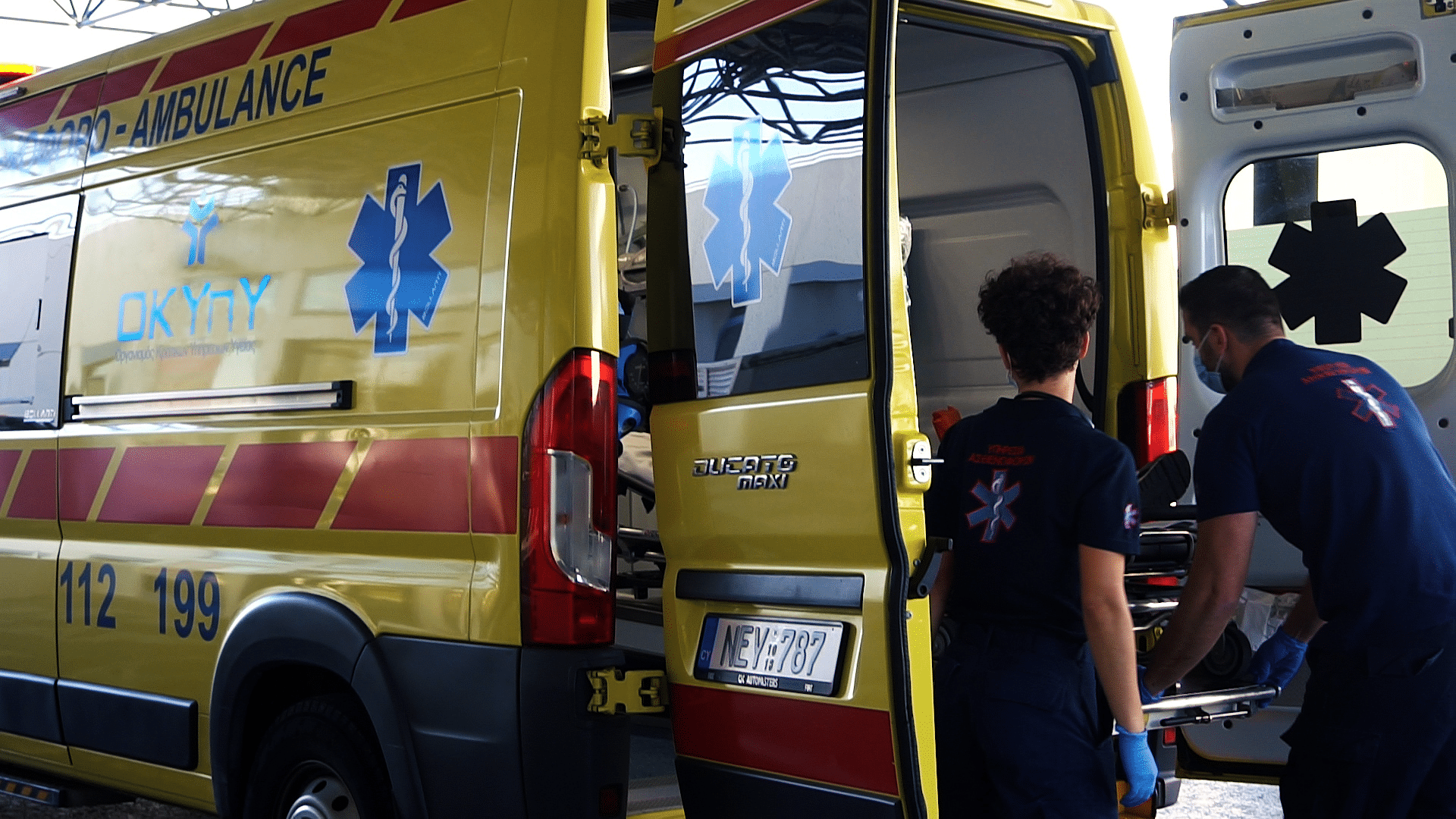Emergency ambulance transfer is a non-profit public service which is performing excellently, Okypy (state health services organisation) spokesperson Charalambos Charilaou said on Wednesday.
Charilaou was weighing in on statements by private ambulance providers denouncing the state’s lack of cooperation and denial of their request for induction of their services into the national healthcare system (Gesy).
Half of the island’s ambulances are sitting unused, it was reported on Tuesday due to the failure to reach an agreement between private ambulance providers and the state.
Charilaou, for his part, rubbished notions that the current situation, where only Okypy vehicles are permitted to transport patients in urgent circumstances, was in any way substandard.
On the contrary, he said the island-wide services provided for by the Okypy ambulances was excellent.
“At present we consider that the whole island is geographically served and we have no issues,” he said.
“Okypy ambulances are high-cost vehicles with specialised equipment and highly trained crews of paramedics,” he added, which differs from “category B” ambulance service.
A centralised, single provider is essential for the provision of a fast response via the European emergency number 112, Charilaou said, implying that any arrangement with multiple providers would lead to inefficiency and endanger lives.
Moreover, he added, for emergency ambulance provision, Okypy strictly recoups from the health insurer (HIO) only its operational costs and “not a single cent more”.
The state health rep went on to detail that emergency and non-emergency transfers ought to be differentiated and conceded there was plenty of scope for private ambulances to participate in the latter.
Pressed on ambulance sufficiency, he said, “we have absolutely no objection to creating additional stations.”
Patient watchdog organisation (Osak) head Demetris Lambrianides for his part, agreed that the emergency transport service ought to be limited to Okypy fleets.
“Our position is that the ambulance service ought to be made independent and urgent transfers should remain limited to the Okypy [fleet],” he said.
Patients should not be paying for any transfers, he added, and private ambulances should also be inducted into Gesy for non-emergency transport, so that patients waiting to return home after discharge (often cases of elderly patients returning to nursing homes) or to another hospital for specialised testing, do not have to wait hours for a public vehicle.
There are around 30,000 requests for non-emergency transfers per year, he said.
Lambrianides proposed the creation of a deputy crisis ministry for handling emergency situations, which could coordinate all services and secure funding for upgrades.
“We acknowledge that the current [Okypy] service is high quality but we would welcome upgrades,” he said, referring to mountain areas for which the state health service could potentially invest in a helicopter.
“Some areas are not as well served as they could be,” he said.
Eighty private ambulances are currently standing idle head of the private ambulance association Roullis Christou had said, adding that inducting private ambulance services into Gesy had been met with “extreme negativity” at a health ministry meeting on Monday.
The number of state ambulances in operation are of an approximately equivalent number.
Head of the private hospitals association (Pasin) Marios Karaiskakis had said ambulances were “rusting away” through underuse and that legislation limiting emergency transport to the Okypy fleet had created a monopoly.
Scenarios which had arisen, such as patients seen by Gesy doctors at a private clinic having to wait for an Okypy ambulance while a private vehicle stood at the ready, were ludicrous and dangerous, he said.
The private ambulance reps also charged that Okypy ambulances are deployed to public events such as football matches while theirs stand parked and underutilised.
The law regulating ambulance services should be changed, Karaiskakis said, with checks and, if necessary, protocols imposed on private providers to assure quality control.







Click here to change your cookie preferences